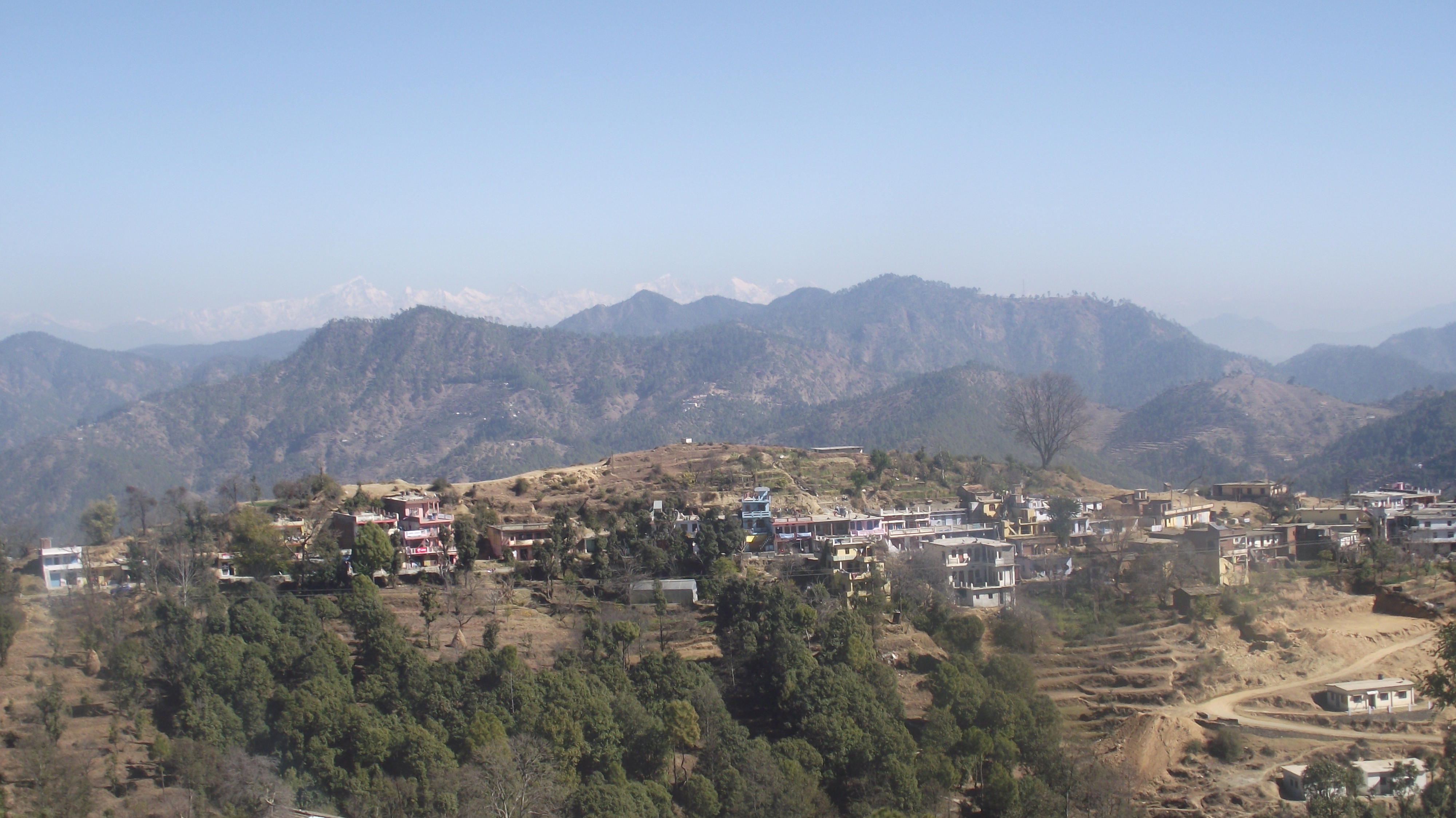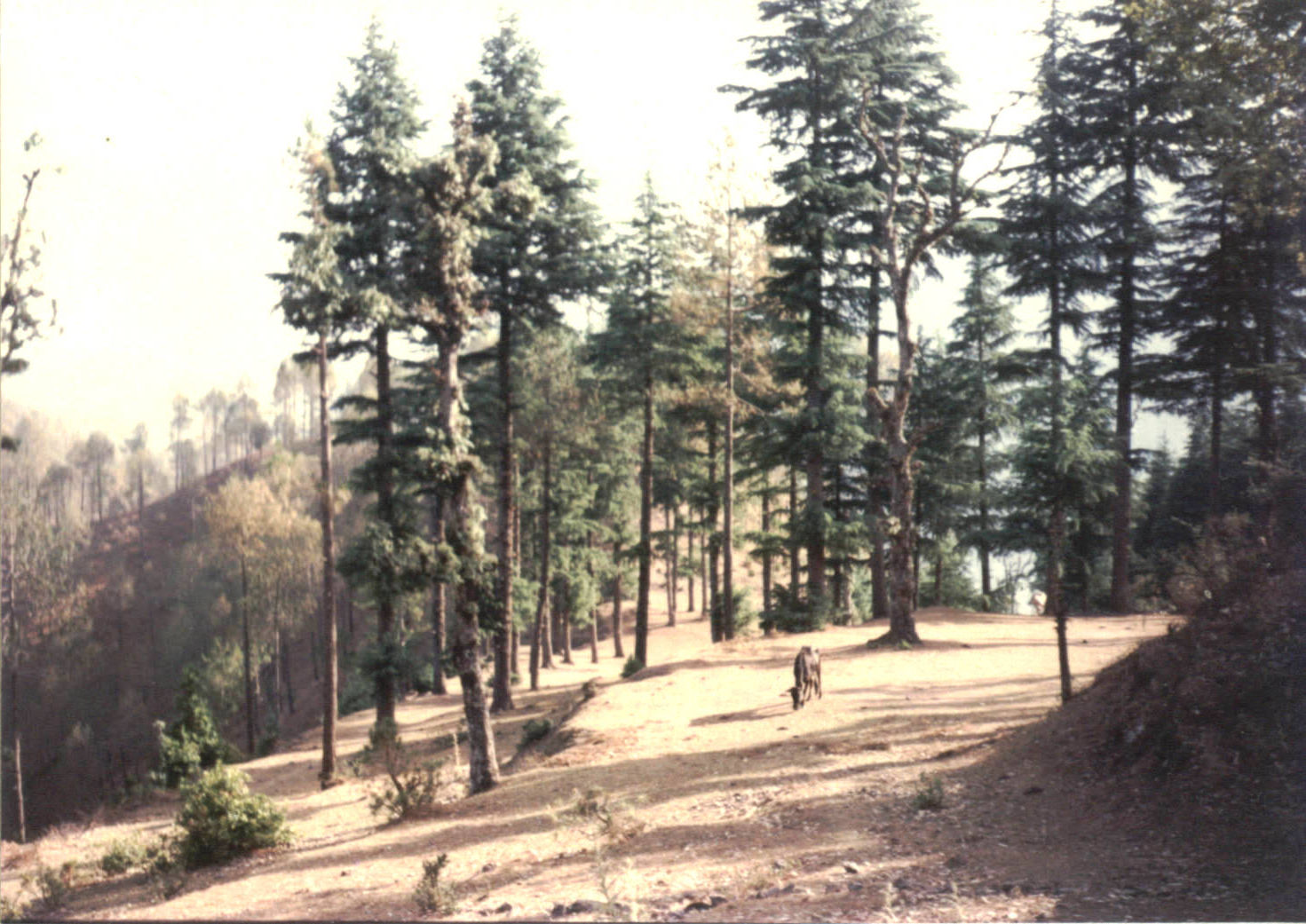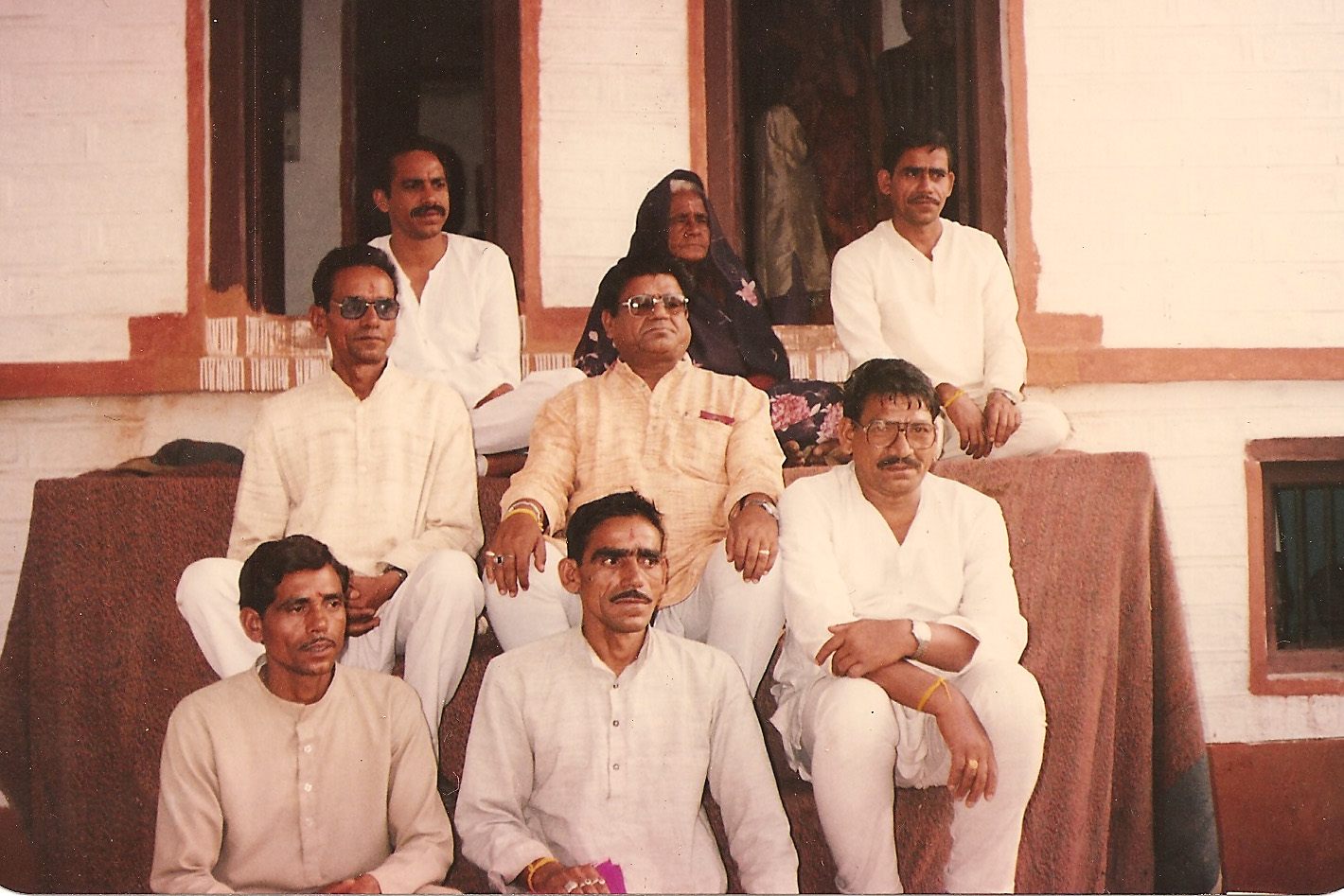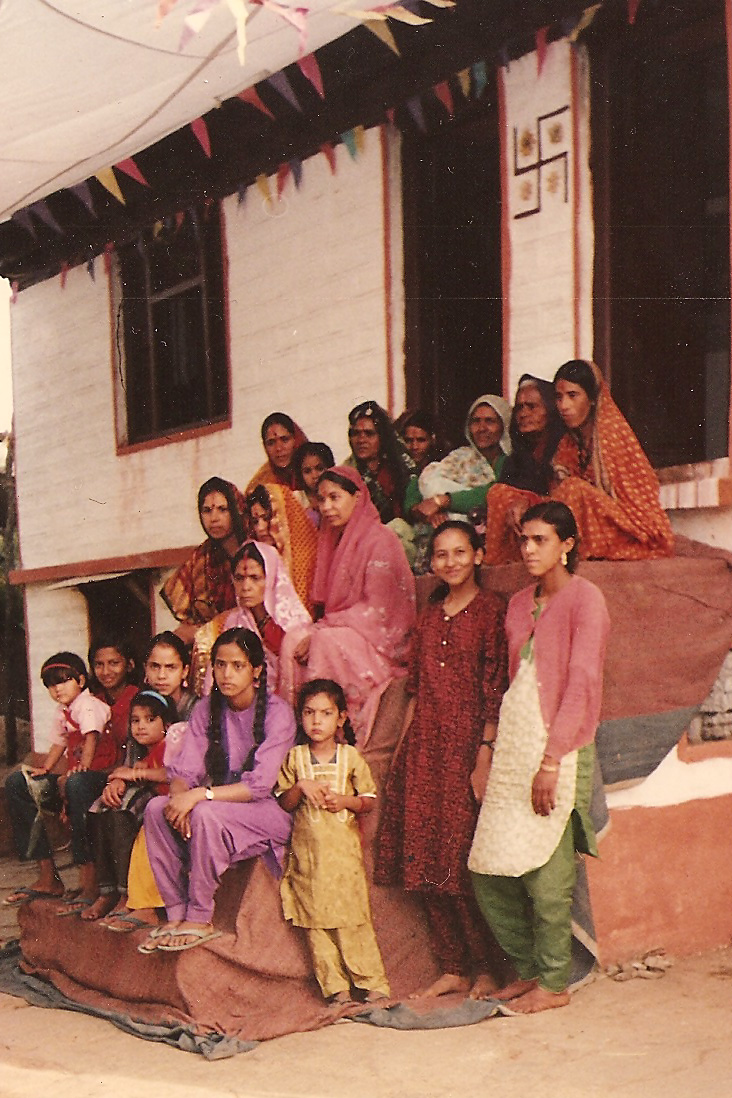A Mutable Log
A blog by Devendra Tewari
Project maintained by tewarid Hosted on GitHub Pages — Theme by mattgraham
Know Thyself
This is a beginning of a series of posts where I will try to record my family’s history. I have always liked the Greek aphorism, Know Thyself. I believe that records eventually become history. Ancient Indians have had a bad track record of recording. We have adopted foreign (Indian or not) languages and traditions, and quite successfully shed our cultural and ancestral roots.

My recent ancestors come from the Kumaon region of India. My mother Hansa Pant is from Bhowali, a town in the Nainital district. My (late) father, Ramesh Chandra Tewari, is from the Lamgara locality, more specifically the Tewari Jakh village of the Almora district. He left for Mumbai (erstwhile Bombay) in the 1960’s to serve in the Indian Navy. My early childhood and adulthood then is intimately tied to Mumbai.

History is about people and places, and their interactions. My interactions with Kumaon happened during rare and sporadic visits during summer vacations from school. They have however left a deep mark. The train rides through Indian localities and wilderness, bus rides through winding roads etched in the hills, cold climate, temperate forests, distant views of frosty and snowy mountaintops, wheat fields etched along the hills, walnut trees, orange trees, apple trees, and wild berries.

The Kumaoni household is patriarchic, women are highly respected, but all history is recorded around men. During 1991, on one of mour visits to Tewari Jakh, I copied a family tree that is seven generations deep, with only names of men. That information I then recorded at the myheritage.com portal, and is reproduced in the image below. It also includes names of women in my immediate family circle.

In my posts, I’ll avoid discriminating against women and their role in my ancestry.
